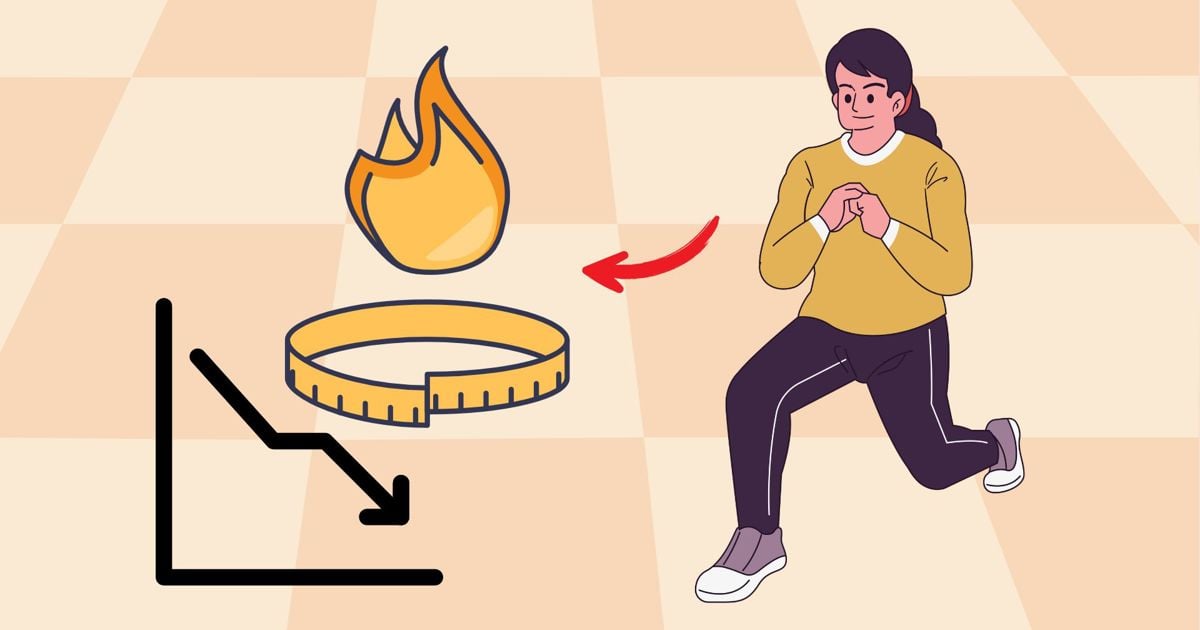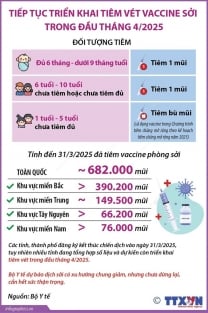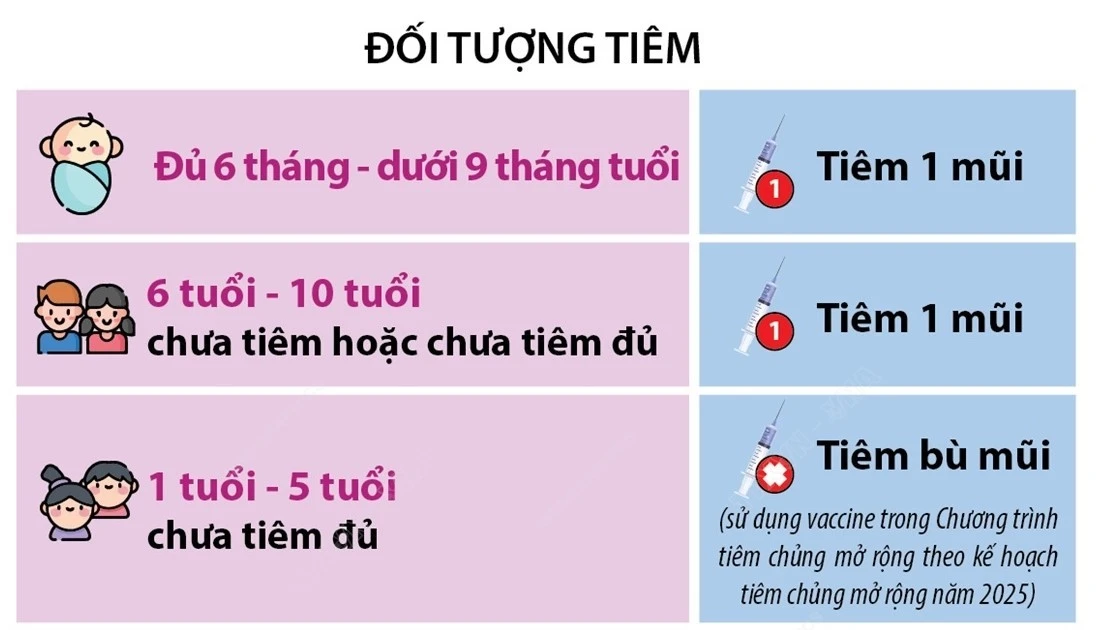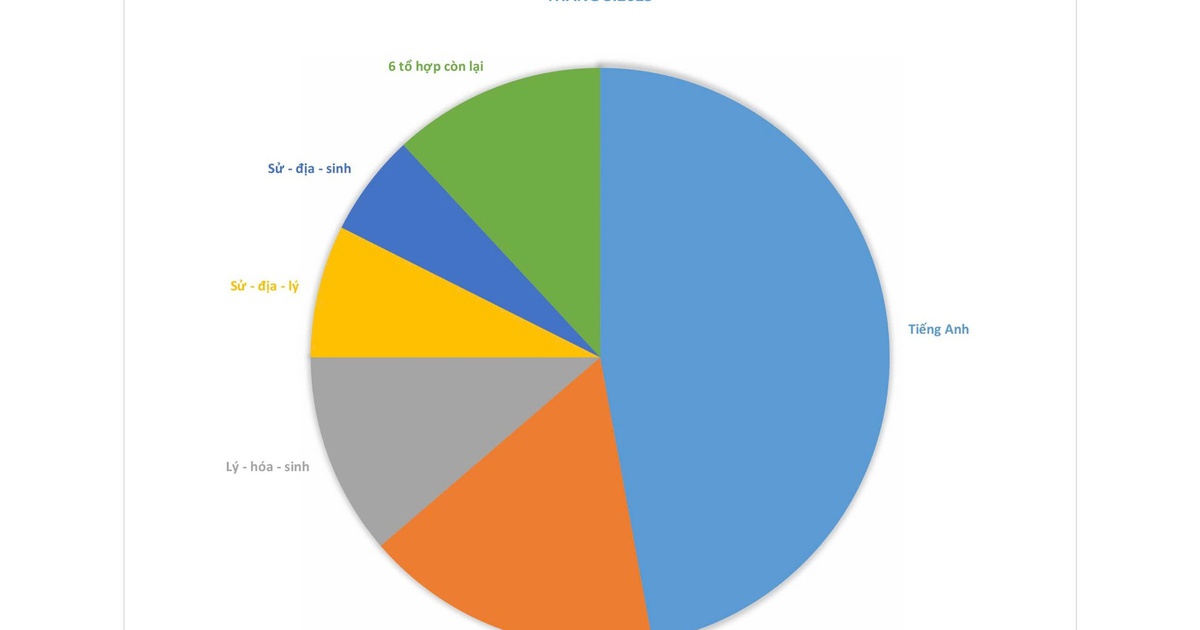For the elderly, memory loss, weakened bones, and poor eyesight are inevitable problems. In particular, dementia not only reduces the quality of life but also greatly affects longevity.
Additionally, as we age, it becomes more difficult to absorb nutrients or maintain a healthy weight.
Fortunately, one expert says eating eggs regularly can help older adults deal with these problems.
Juliette Kellow, a British nutrition consultant with 21 years of experience, said eggs are very good for health. They help increase vitamin absorption, prevent weight gain, improve bone and vision problems, and fight dementia, according to the Express .

Eating eggs regularly can help older people solve many health problems.
Eating eggs helps provide essential vitamins
Two medium eggs provide 25% of your daily protein needs, along with vitamins A, B, D, phosphorus, selenium, and iodine. While many adults are deficient in vitamin B2, iodine, and selenium, two medium eggs provide at least 33% of your daily needs for these nutrients.
Enhance nutrient absorption
Eggs can also help boost the absorption of antioxidants found in vegetables. Research published in the American Journal of Clinical Nutrition found that adding eggs to a salad increased the absorption of lutein and zeaxanthin by five times, and increased the absorption of beta-carotene and lycopene by eight times.
Enhance eyesight
Eggs provide nutrients that are good for eyesight, such as vitamin A. In particular, lutein and zeaxanthin are two antioxidants that help reduce the risk of cataracts and macular degeneration in older adults.
A study of more than 3,600 people found that eating two to four eggs a week reduced the risk of macular degeneration by up to 49% compared with eating less than one egg a week.
Reduces the risk of dementia and Alzheimer's disease
Eggs are rich in choline, a nutrient needed for neurotransmitters in the brain, which are important for memory and cognitive function.
Studies have found that higher choline intake slows cognitive decline in old age and may help reduce the risk of dementia and Alzheimer's disease. Eggs are also a good source of B vitamins that support mental health and cognitive function.

Adding eggs to salads increases the absorption of lutein and zeaxanthin by five times.
Eggs help lose weight
Eating a medium-sized egg contains just 66 calories and makes portion control easy. Studies have also shown that eggs can help with weight control by improving feelings of fullness – leading to lower calorie intake.
Research shows that people who eat egg sandwiches for breakfast feel fuller, less hungry, and have fewer cravings than those who eat other foods. They also consume fewer calories throughout the day.
Helps strengthen bones
Eggs are rich in protein, which is essential for healthy bones and muscles. In particular, eggs are one of the few foods that naturally contain vitamin D, which supports muscle function and helps the body absorb calcium, helping to strengthen bones.
No worries about increased blood cholesterol
Research shows that for most people (except those with a family history of high cholesterol), eating eggs as part of a healthy, balanced diet will not affect blood cholesterol levels or the risk of heart disease.
On the contrary, it is saturated fat that increases blood cholesterol. And most of the fat in eggs is unsaturated fat, which is good for the heart, according to Express.
Source: https://thanhnien.vn/loi-ich-bat-ngo-cua-trung-dac-biet-quan-trong-cho-nguoi-lon-tuoi-185241104081614831.htm





![[Photo] Relatives of victims of the earthquake in Myanmar were moved and grateful to the rescue team of the Vietnamese Ministry of National Defense.](https://vstatic.vietnam.vn/vietnam/resource/IMAGE/2025/4/2/aa6a37e9b59543dfb0ddc7f44162a7a7)

![[Photo] Third meeting of the Organizing Subcommittee serving the 14th National Party Congress](https://vstatic.vietnam.vn/vietnam/resource/IMAGE/2025/4/2/3f342a185e714df58aad8c0fc08e4af2)


























































































Comment (0)